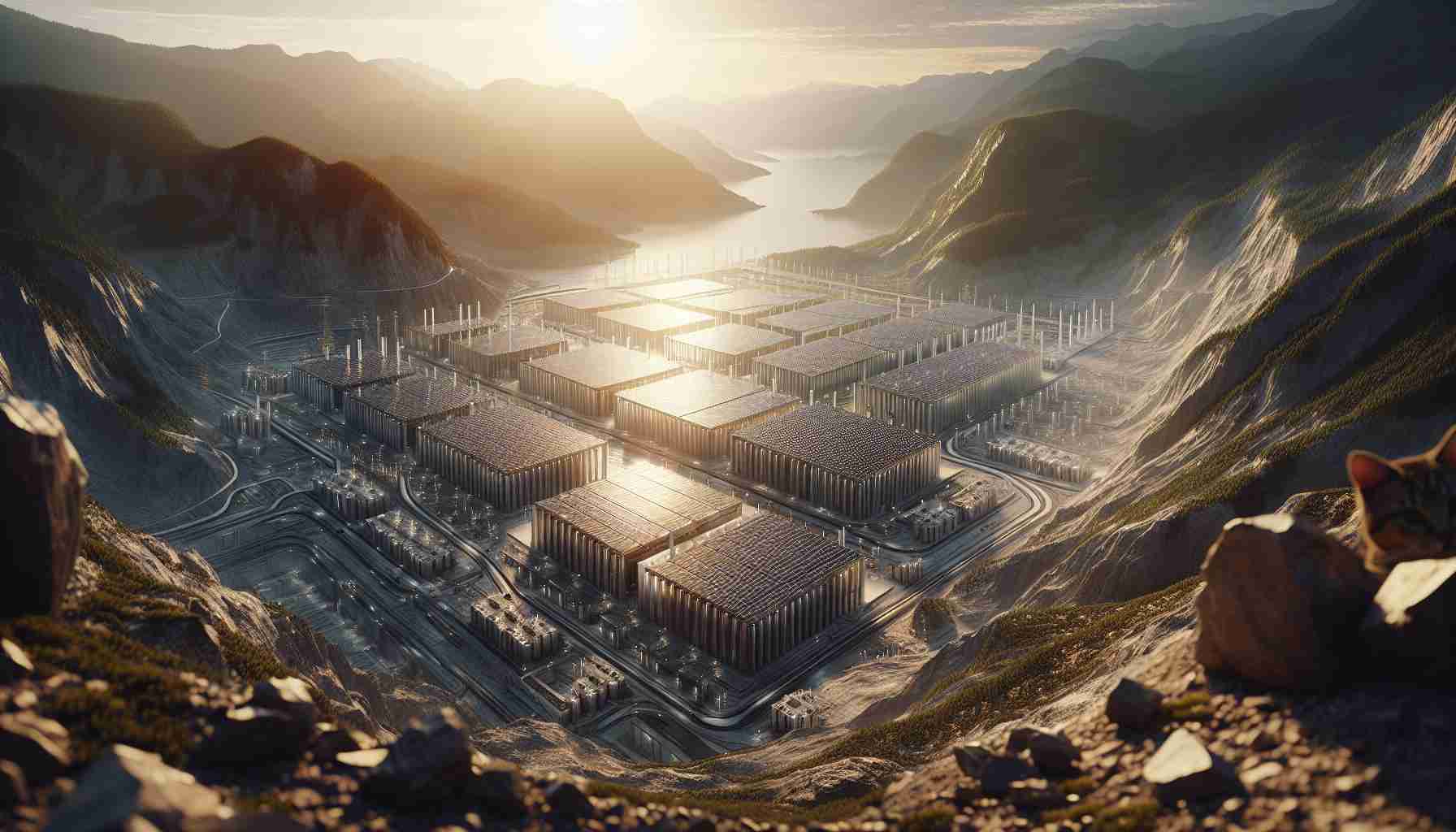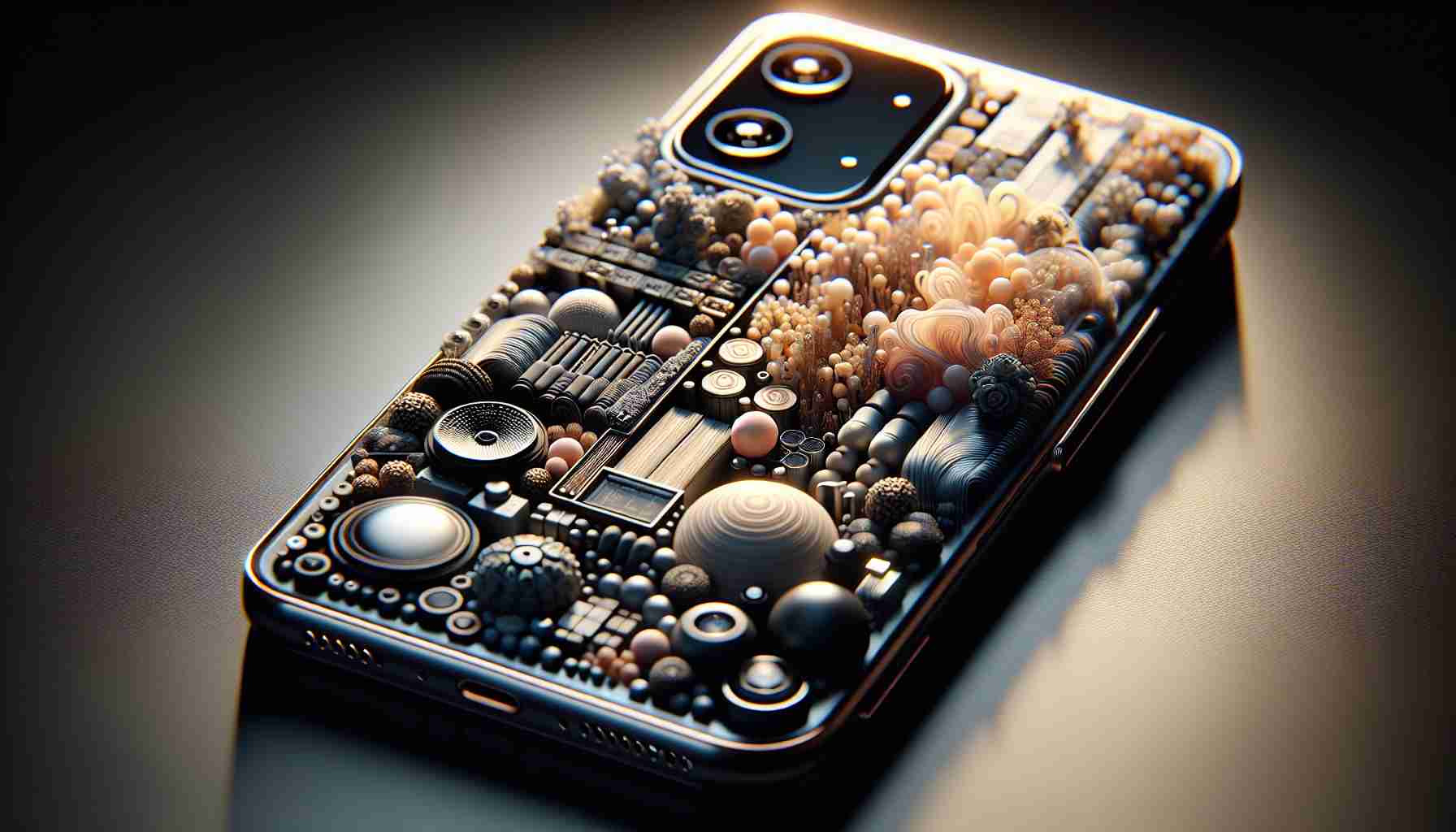In the realm of space exploration, a potential gold rush is brewing—a cosmic hunt for resources that could redefine our technological future. As private companies and national space agencies intensify their focus on asteroid mining, space is transforming from a frontier of discovery to one of economic opportunity.
What’s the allure? Asteroids, often referred to as the “golden apples” of the cosmos, are packed with valuable resources such as platinum, nickel, and even water, essential for sustaining long-term space missions. Recent technological advancements have made this once far-fetched prospect increasingly viable. Developments in autonomous robotic systems, 3D printing in microgravity, and advanced propulsion technology are setting the stage for effective resource extraction.
Asteroid mining is not just about wealth; it holds significant implications for Earth’s sustainability. By tapping into these celestial resources, we could drastically reduce the planetary depletion of minerals. Moreover, water extracted from asteroids, split into hydrogen and oxygen, could provide essential fuel for spacecraft, lowering mission costs and expanding human reach within our solar system.
While there are challenges to overcome, including legal considerations and the immense technical complexity of extracting resources in space, the interest from forward-thinking companies like SpaceX and Blue Origin is undeniable. The race for space riches could be a pivotal chapter in humanity’s expansion beyond Earth, offering new horizons for exploration and economic growth. The stars, it seems, hold not just mysteries but untapped treasures waiting for those daring enough to seek them.
Could Cosmic Mining Redefine Our Tech-Driven Future?
The concept of cosmic mining might sound like science fiction, but it’s rapidly becoming a plausible reality that could dramatically alter our technological landscape and global economy. Imagine a world where the resources from asteroids start replacing those we relentlessly mine on Earth. But what are the larger implications of this celestial treasure hunt?
Economic and Environmental Impact: While space mining promises an influx of resources like platinum and nickel, which are vital for manufacturing electronics and renewable energy technologies, its environmental benefits on Earth could be significant. By reducing terrestrial mining activities, we could alleviate habitat destruction and lower carbon emissions associated with mineral extraction.
Technological Advancements and Human Expansion: Key developments in technologies, such as enhanced propulsion systems and potentially AI-driven autonomous miners, will not only make asteroid mining feasible but could usher in new engineering breakthroughs. These innovations could pave the way for establishing off-world colonies, using space-sourced water and building materials, thus promoting sustainable human settlements beyond our home planet.
Legal and Ethical Considerations: However, the race for cosmic resources isn’t without its controversies. Who owns space resources, and how will it be regulated? Current space law, primarily guided by the Outer Space Treaty, is vague on resource ownership. This legal gray area could lead to international tensions similar to historical territorial disputes on Earth.
As we stand on the brink of this new frontier, questions abound. Will asteroid mining truly benefit global technology and sustainability, or will it mirror the boom-and-bust cycles of past earthly gold rushes? Only time will tell, but the possibilities are as vast as space itself. For more insights into space technology advancements, visit NASA and SpaceX.




















